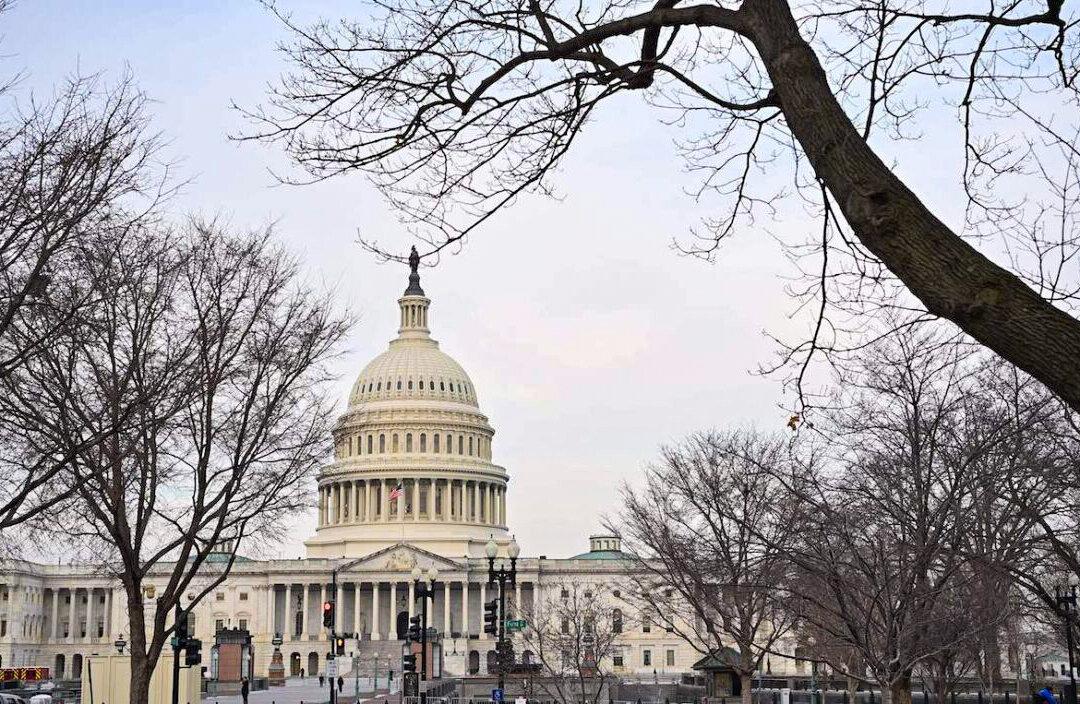As House Democrats tout a renewed effort to expand the Supreme Court (SCOTUS), Senate Democrats remain divided on both the feasibility and value of the scheme.
The plan, contained in Rep. Hank Johnson’s (D-Ga.) Judiciary Act, would add four new seats to SCOTUS.





